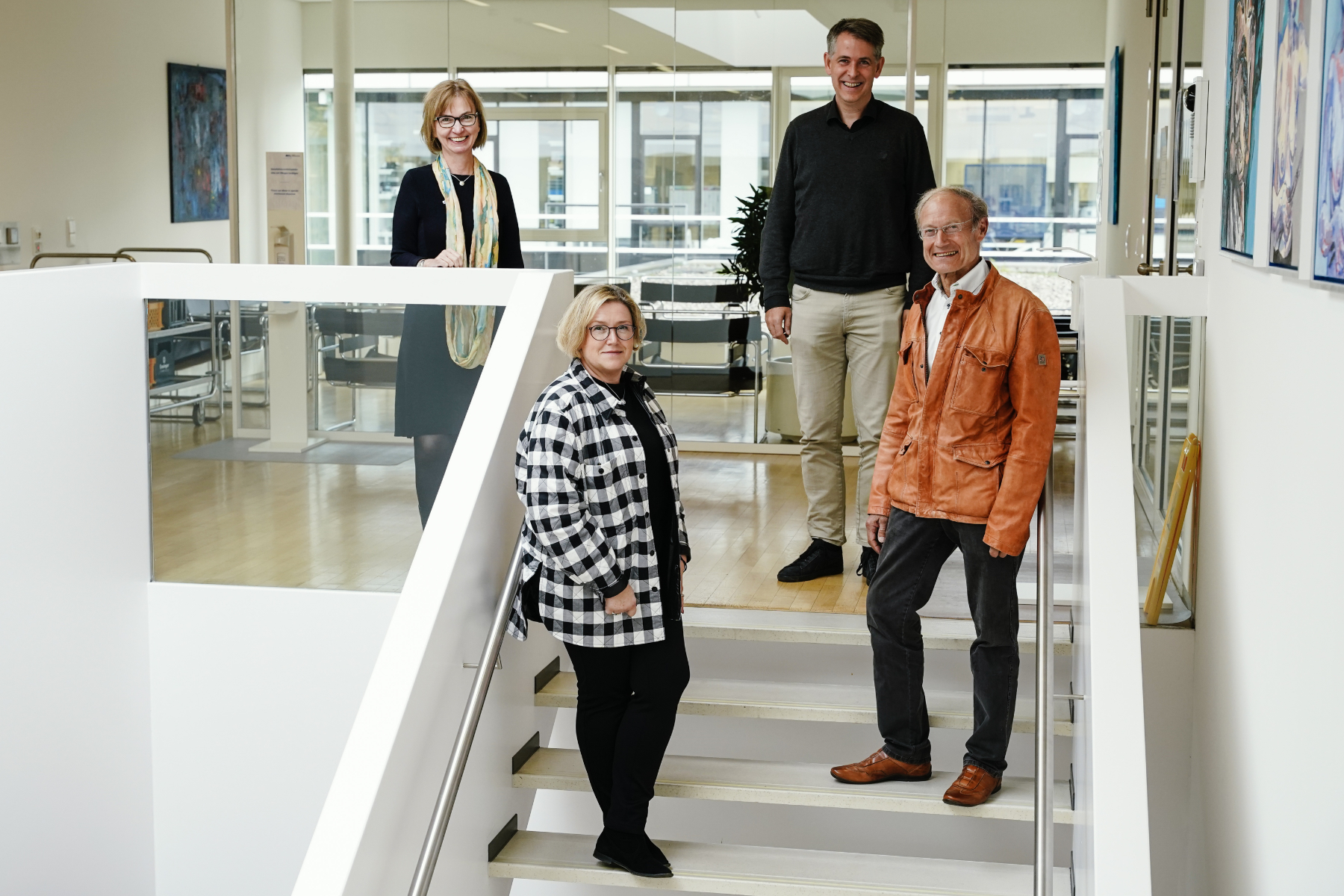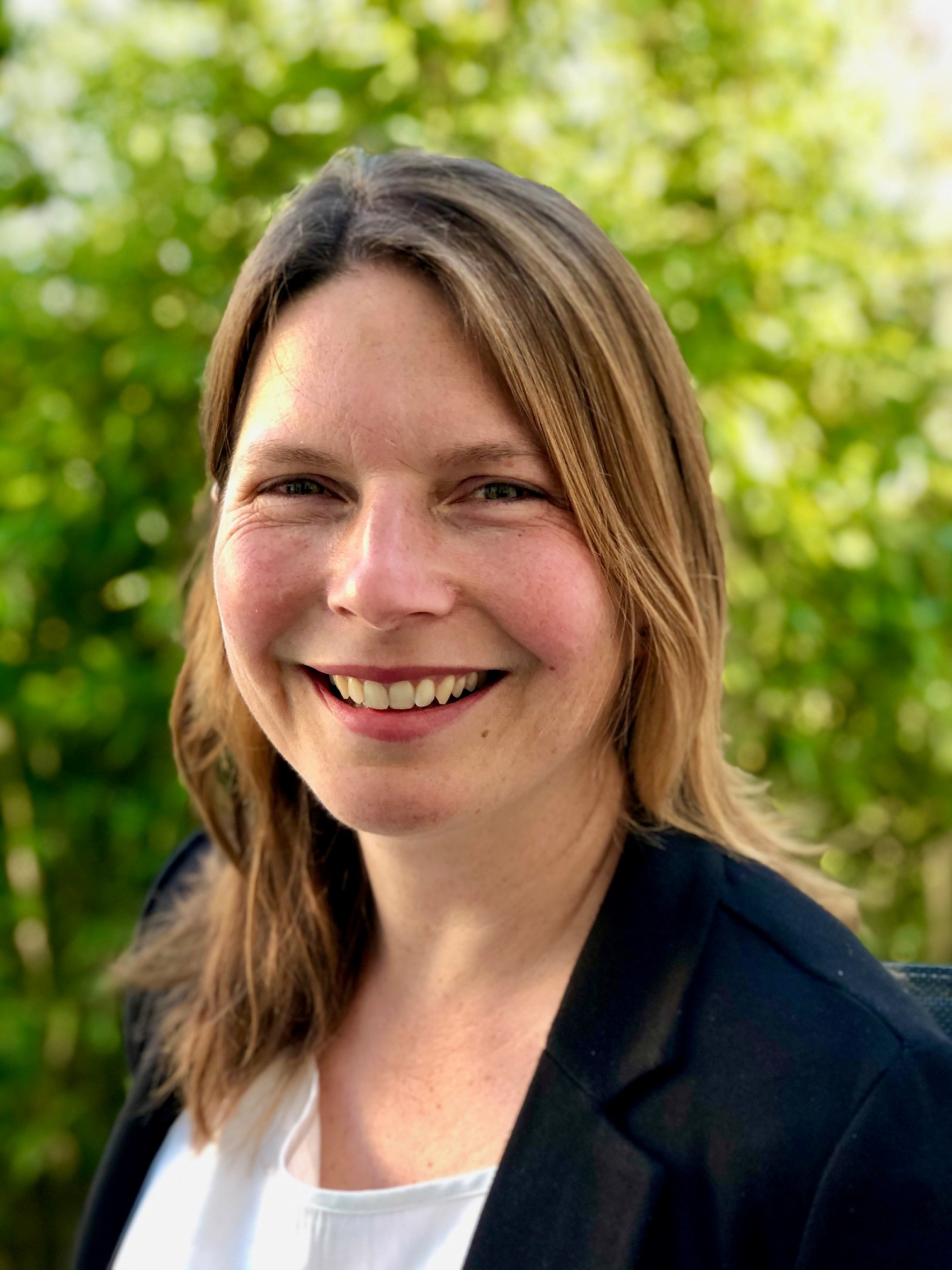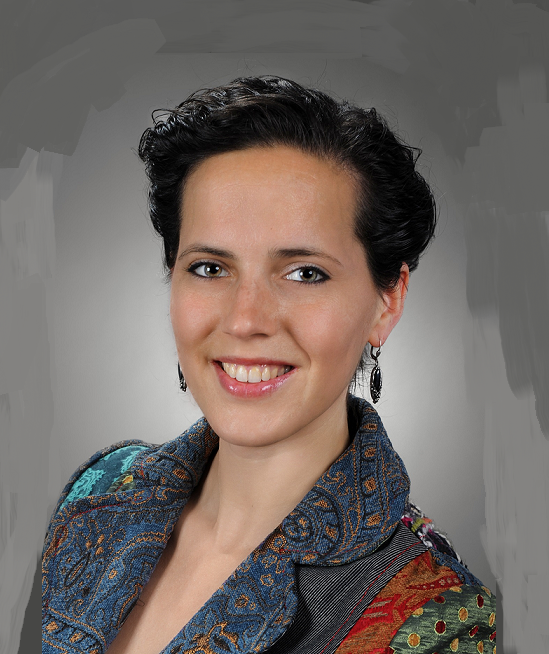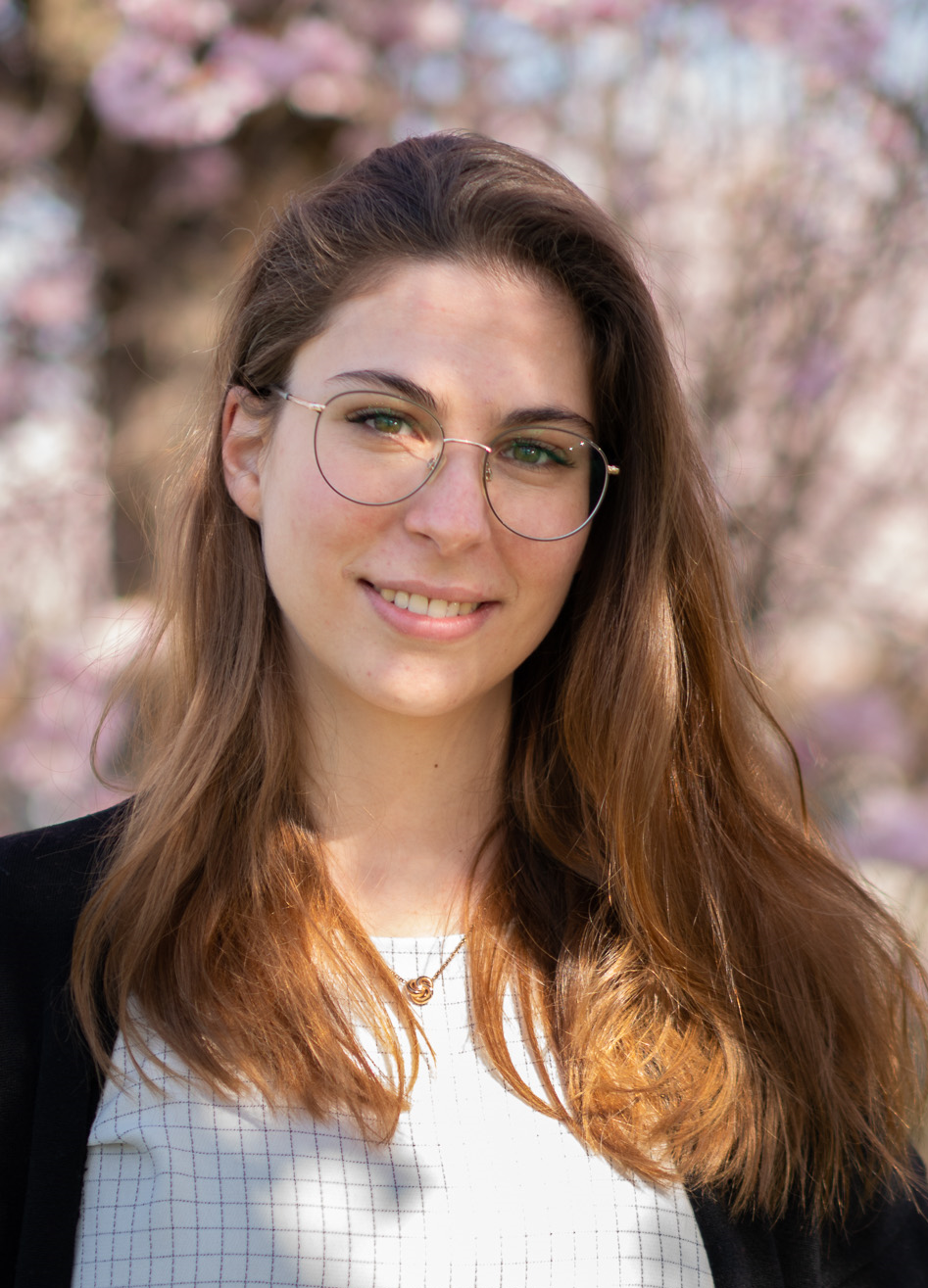The Hopp Children’s Cancer Center Heidelberg (KiTZ) is a joint institution of the German Cancer Research Center (DKFZ), Heidelberg University Hospital (UKHD) and the University of Heidelberg (Uni HD).
Every year, 9,000 children and adolescents in Europe are diagnosed with cancer. Around one in four of these young patients cannot be cured with the standard therapies currently available and do not survive the disease. According to experts, pediatric oncology lacks modern established therapeutic procedures, such as those already being developed in adult oncology.
In 2021, the Hopp Children's Cancer Center Heidelberg (KiTZ) and the Prinses Máxima Centrum in Utrecht joined forces to create better framework conditions for European pediatric oncology as quickly as possible. This includes the expansion of joint infrastructures, the initiation of transnational clinical studies and multicenter research into modern, customized diagnostic and therapeutic procedures for children and adolescents with cancer. The two cancer centers are considered to be the most important pediatric oncology research facilities in Europe, combining research and treatment under one roof according to the American model (Comprehensive Cancer Center).
Thanks to the support of the Barbara and Wilfried Mohr Foundation, four new research projects of this German-Dutch alliance could now be initiated. Over the next two years, the foundation will support further promising joint research projects.
"Ensuring that promising innovations and treatment approaches reach patients as quickly as possible has always been an important concern for us," says Petra Mohr, first chairwoman of the board of the Barbara and Wilfried Mohr Foundation. "By supporting cross-national pediatric cancer research, we want to help ensure that children and adolescents have the same treatment opportunities as adults."
The funded research projects focus, among other things, on targeted therapy approaches for a particularly aggressive form of bone cancer in children, Ewing's sarcoma. The scientists at the two cancer centers are focusing on cancer-specific microproteins as potential therapeutic targets.
Leukemia cells also produce cancer-specific proteins with which they manipulate healthy cells and protect themselves from therapy, for example. The foundation is therefore supporting another project in which a high-throughput method developed at KiTZ is used for protein analysis in pediatric acute lymphoblastic leukemias. The aim is to detect all proteins present in leukemia cells.
Funding is also being provided for the development of new therapeutic approaches for particularly aggressive leukemias. To this end, novel substances are produced at the Prinses Máxima Centrum that penetrate leukemia cells particularly well and are potentially therapeutically effective. At the Hopp Children's Cancer Center, these will then be tested in preclinical laboratory models for their efficacy against tumor cells of children with aggressive acute leukemia.
The goal of the fourth joint research project is to facilitate the personalized use of immunotherapies for childhood brain tumors. The German-Dutch research team is working on a diagnostic procedure using blood plasma and cerebrospinal fluid samples: These fluids can be collected with comparatively small procedures, i.e., without surgery. Based on the genetic biomarkers and immune cells present in the fluid, predictions can be made as to which patients may benefit from immunotherapy.
The research fund established by KiTZ and the Prinses Máxima Centrum currently supports a total of 21 joint pediatric cancer research projects at the two centers of excellence. The fund is financed by third-party funds and donations from Germany and the Netherlands. In order to be able to systematically address the most pressing tasks in pediatric oncology in the coming years, private sponsors are to be recruited for further support. "The research fund is an indispensable start-up aid for innovative pediatric cancer research in Europe and already in the year after its foundation we were able to launch many research projects and publish new scientific findings," says Stefan Pfister, Director at KiTZ, Head of Department at the German Cancer Research Center (DKFZ) and pediatric oncologist at Heidelberg University Hospital (UKHD). "We are extremely grateful to the Barbara and Wilfried Mohr Foundation for their outstanding commitment, which has made these projects possible."
About the Barbara and Wilfried Mohr Foundation
Together with his wife Barbara, Wilfried Mohr established the Barbara und Wilfried Mohr Foundation in 2012 for the purpose of promoting research. The foundation aims to help people, especially children, who have fallen on hard times due to adverse circumstances and for whom state funds alone are not enough to offer them a promising perspective for the future. The main purpose of the foundation is to promote science and research in the field of oncology. This includes funding research projects to improve existing therapies and develop new drugs and methods.
https://mohr-stiftung.de/
All research projects of the KiTZ-Prinses Máxima Centrum Twinning program




